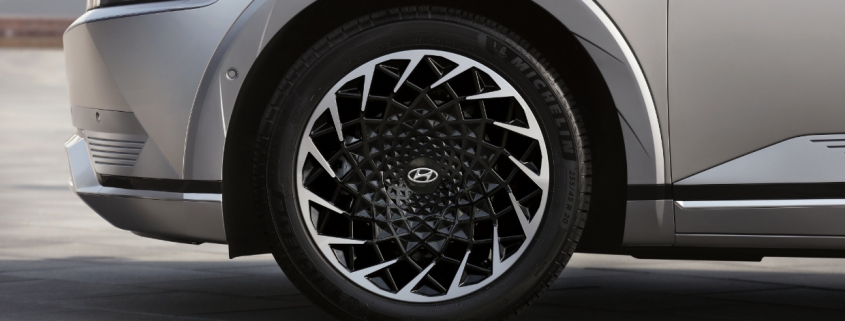Rubber production: a major cause of deforestation exacerbated by electric vehicles
Rubber production is one of the main causes of deforestation, and electric vehicles could worsen this problem.
Modern tires are made up of about 50% natural rubber, and some companies plan to increase this proportion.
Natural rubber comes from rubber trees, which are planted in former tropical forests.
Due to their heavier weight, electric vehicles can wear tires about 30% faster than comparable gasoline models.
According to new studies using sophisticated satellites, rubber trees are a major cause of deforestation, and electric vehicles could exacerbate this problem.
In fact, the growing demand for rubber is prompting companies and governments to convert vast areas of tropical forests into rubber tree monocultures worldwide.
This has a major environmental impact on all species living in tropical forests, many of which are endangered.
Despite campaigns to stop deforestation for cocoa, coffee, or agriculture, among others, there has been very little resistance to the effects of the rubber industry on this issue.
This is partly due to the low level of public awareness that rubber is a natural product, although it has been used in industrial applications for nearly two centuries.
The 2.3 billion tires manufactured each year use about 70% of the world’s natural rubber production, and the increasing number of new vehicles registered worldwide each year is driving the creation of more rubber plantations.
This problem does not seem to be improving, as major tire manufacturers like Michelin claim to want to increase the proportion of natural rubber used in their tires to reduce their perceived environmental impact.
Currently, most modern tires are made up of an equal mixture of natural and synthetic rubbers, combined to give the tires the necessary properties, such as cold resistance and improved grip.
While synthetic rubber is made from petroleum, a fossil fuel product, its production is criticized by environmental groups and the public. In contrast, the lack of information about deforestation caused by rubber plantations means that the use of natural rubber escapes most criticism.
Experts argue that reducing the tire industry’s dependence on fossil fuels seems like a good step for climate protection, but its impact on deforestation could actually be more damaging to the planet as a whole.
Furthermore, the growing market share of electric vehicles in key countries such as China and the United States, as well as the proposed bans on combustion models in the next decade, could significantly increase the need for rubber plantations.
Indeed, electric vehicles are much heavier than similar-sized vehicles powered by gasoline or diesel engines, which means they wear their tires more quickly.
In fact, Goodyear claims that this increase in wear could reach up to 30% with conventional tires.
One proposed solution to this problem will come in the form of tires specially designed for electric vehicles, many of which are currently being developed.
Another way to ensure that tire production does not contribute to deforestation would be to implement a tracking process that could trace the use of natural rubber, from the tree to the finished tires, as is already the case with other products causing deforestation.
Currently, there is only one FSC-certified tire: a Pirelli model introduced in 2021 specifically for use by BMW.
Specialists also argue that promoting agroforestry (planting rubber trees among other types of trees) rather than monoculture plantations could mitigate the impact on wildlife and climate while producing a similar rubber yield.
With information from Motor Illustrated



